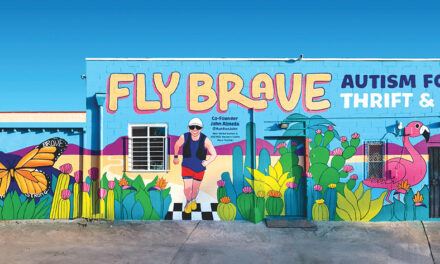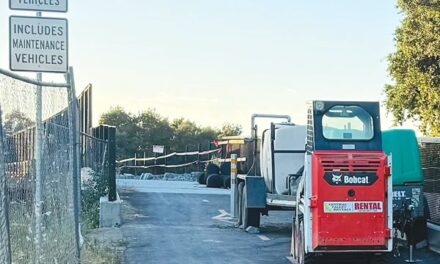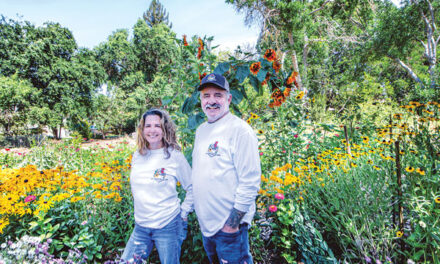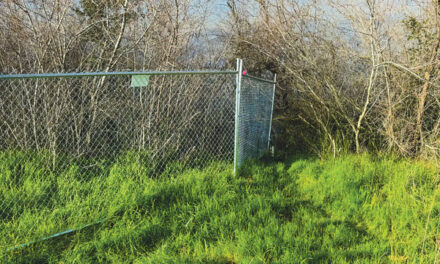I hate the grocery store. Dread walking into one. It wasn’t always this way. Until mid-March, when the coronavirus grabbed California by the throat, I loved markets. I visited grocery stores several times a week, often for no reason, even when the refrigerator was full. If a neighbor needed a half-gallon of milk and a ripe tomato, I was ready to go.
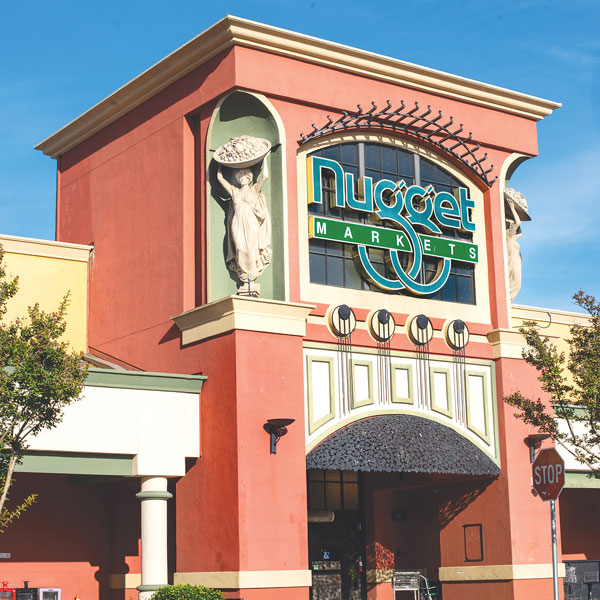
Eric Stille taught me how to appreciate grocery stores. Stille runs Nugget Markets. In 2003, he gave me a tour of his new store in Pocket’s Lake Crest Village. The store was ready to celebrate its grand opening. Stille drove over from Nugget headquarters in Woodland to ensure the meat counter and cheeses and wines and olives looked beautiful.
He explained Nugget’s secret sauce: Make shopping sexy. Make the grocery store a destination. “We call it a warm environment,” Stille told me. “Studies show most people don’t enjoy shopping for groceries. We’re hoping to change that.”
Longtime Pocket residents will remember the challenges faced by Stille. Three grocery stores failed in Nugget’s Lake Crest space. The site was ugly and aggressively not sexy. The old stores were boring. They covered their brown bricks with drywall.
Nugget changed everything. Down came the drywall. The Roman statues and coffee bar and carving station and skylights introduced by Stille were treats for Pocket shoppers. Those classy touches made Nugget a bright and shining winner—a status the Lake Crest store carried into 2020.
But thanks to the virus, none of those pleasures matter anymore. Grocery stores became a consumer’s battleground for survival, surrounded by force fields of negative energy.
With their acrylic shields, personal distancing floor tape, unpredictable and weirdly depleted inventories, and masked and gloved clerks and customers, markets are not places to linger. Grab what you need. Engage as little as possible. And get out. You touch it you buy it. Wash your hands—or even better, shower—the instant you get home.
A psychologist friend explains why grocery stores turned into anxiety factories thanks to COVID-19. “You’re scared when you walk in,” she says. “You worry that someone might get too close while reaching for a can of beans. You look in other shopping carts to see if they got the last roll of toilet paper. You hear a guy cough and wonder if he’s sick. It’s competitive and dangerous. It’s not a warm and fuzzy place.”
Grocery stores have always challenged some people because they have 30,000 items, present confusing choices and require endless decisions. That’s why many customers buy the same stuff and never try anything new. That’s why people like bulk warehouse stores.
Nugget and Bel Air, the premier Pocket grocery stores, have managed the virus better than many businesses. Both companies are hiring new workers—“Are you in need employment? We’re hiring!” shouts the website for Bel Air and Raley’s.
Grocery workers have been hailed as heroes in the pandemic. And heroes they are. As much as I hate visiting the market now, I would be horrified to work in one.
A friend of mine works for Bel Air in the Promenade shopping center. He’s been miserable since the crisis began, worried about getting sick and passing COVID-19 onto his family. “We’re on the frontlines every day,” he says, sounding like a weary soldier.
Back in 2003, Eric Stille told me, “The atmosphere is free.” He meant the joy of being in Nugget, surrounded by gorgeously curated aisles stuffed with food, not fear.
R.E. Graswich can be reached at regraswich@icloud.com. Follow us on Facebook, Twitter and Instagram: @insidesacramento.







